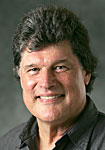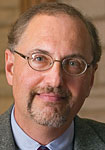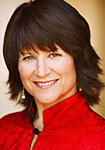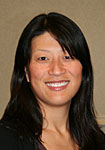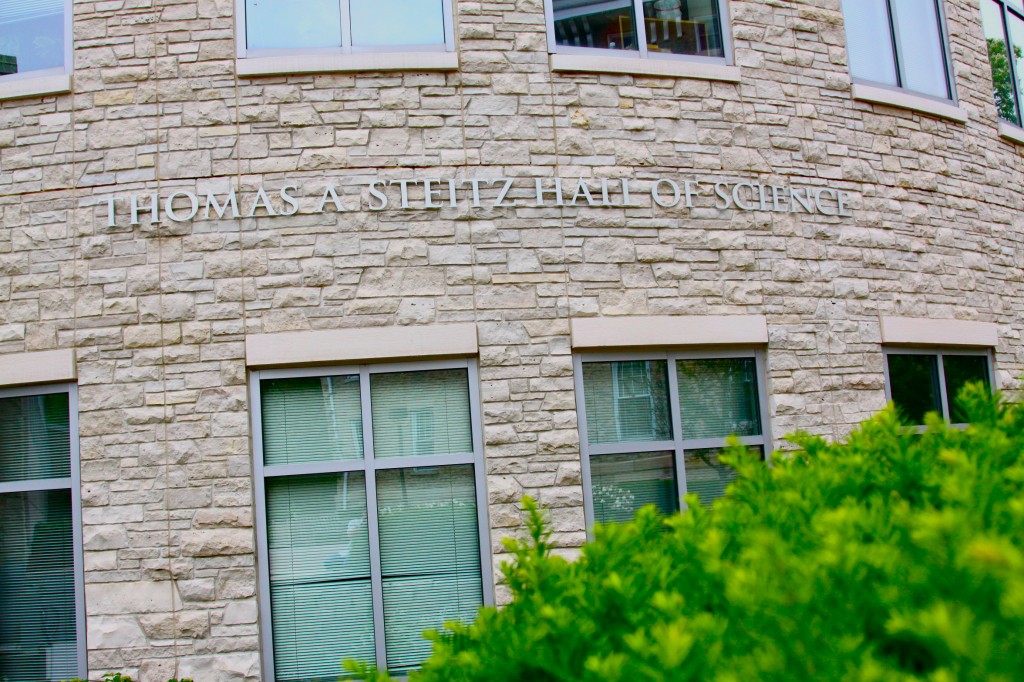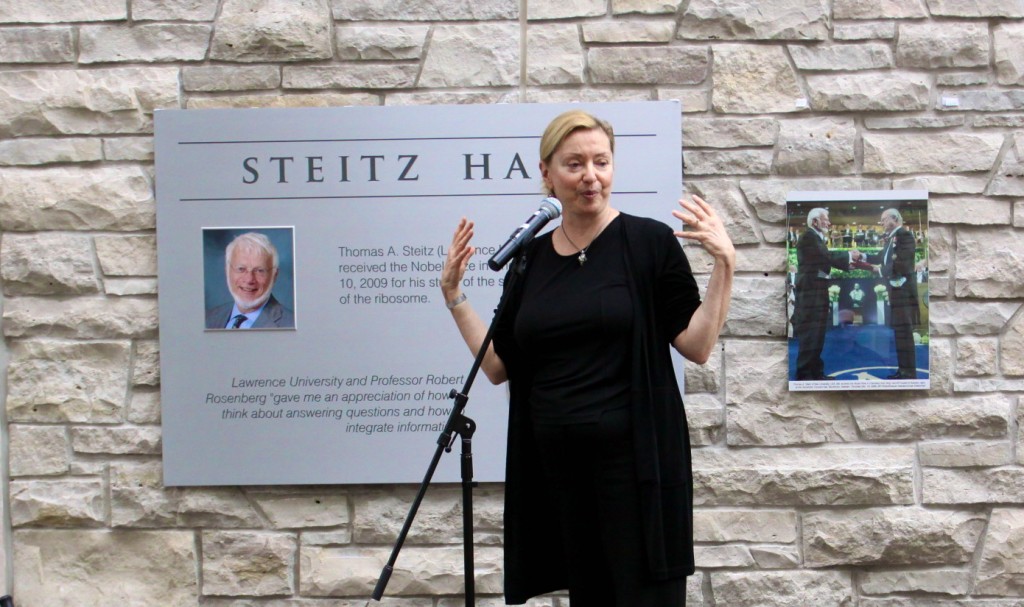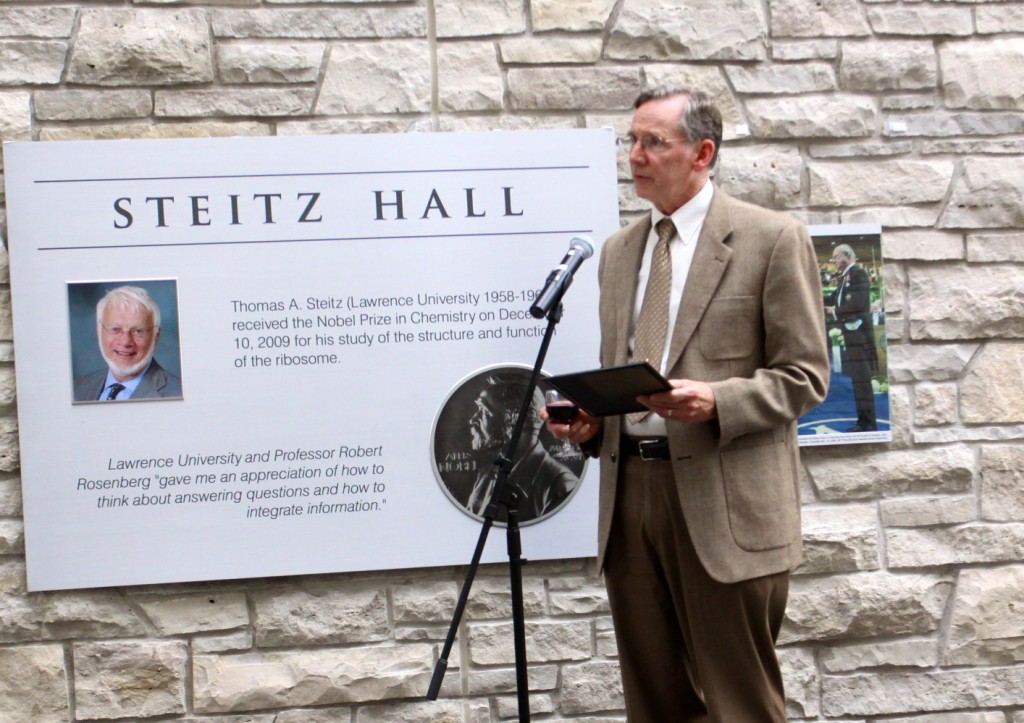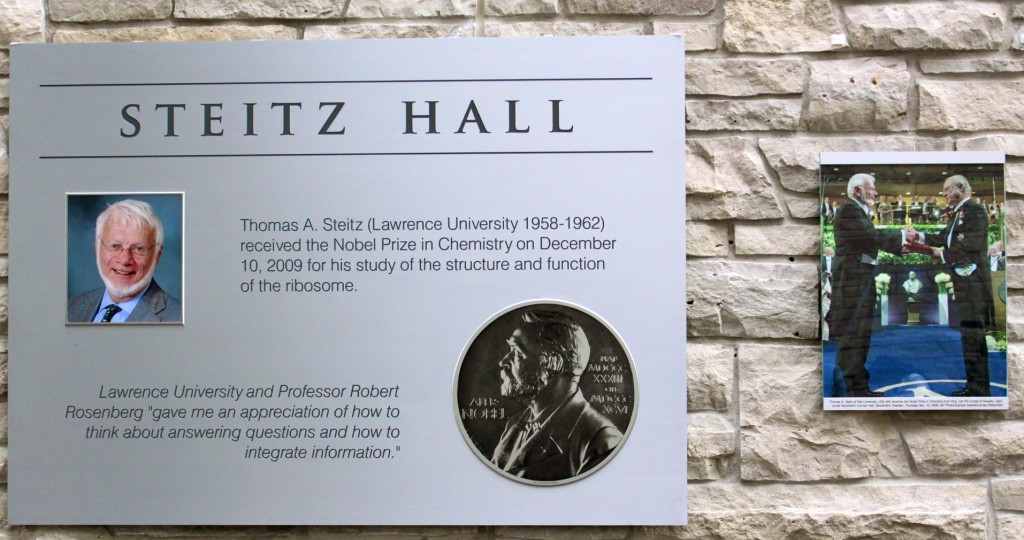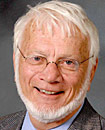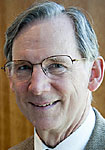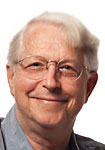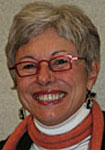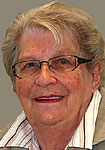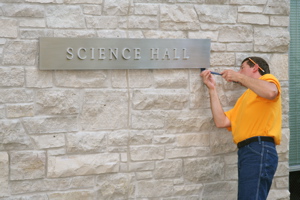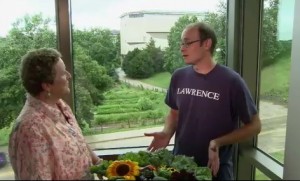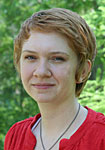Lawrence University has joined with several other community leaders in sponsoring the city of Appleton’s first Juneteenth Celebration, a national commemoration of the abolition of slavery for African Americans.
The celebration will be held Sunday, June 27 from 10 a.m.-5 p.m. in Houdini Plaza in downtown Appleton. This event is free and open to the public.
Highlighting the Juneteenth Celebration will be performances by gospel musicians, the jazz band Right On, the R & B/funk/soul band Unified Soul, the reggae band Unity and live step dance performances by Kappa Alpha Psi and other Black Greek lettered organizations.
A DJ will provide music, entertainment and prize giveaways throughout the day while games, face painting and other activities will be available for children.
A pavilion featuring African clothing and vendor booths selling African American soul food and African cuisine will join with community vendors selling various food and merchandise.
From its 1865 origin in Galveston, Texas, the observance of Juneteenth as the African American Emancipation Day has spread across the United States and beyond, becoming the oldest African American celebration in the country. Today Juneteenth is commemorated in 36 states. Gov. Doyle signed the Resolution to include Wisconsin as one of the states commemorating Juneteenth in December 2009.
